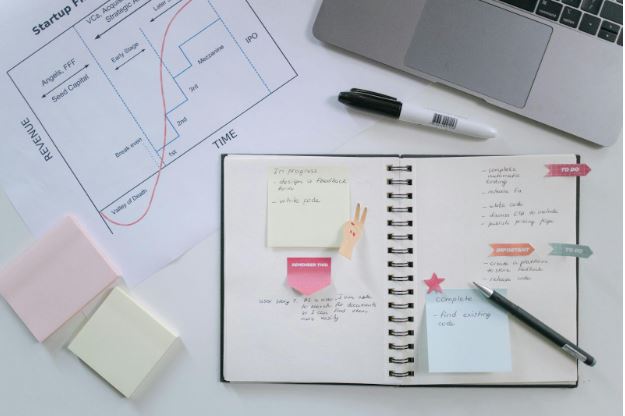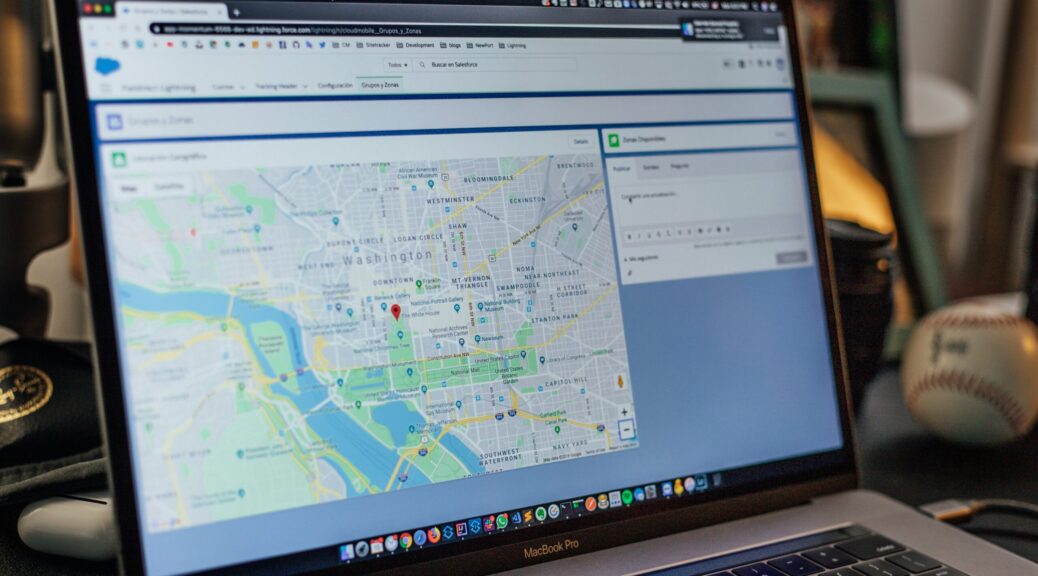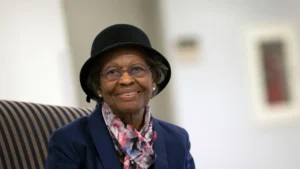(originally published in The Chattanooga Times Free Press)
Winter has arrived and it’s super cold! The extreme temperatures remind me of last July when we were in a rare, dangerous heat dome. Tens of millions of people faced a level 4 extreme heat risk, the deadliest heat-related hazard in America according to the Fifth National Climate Assessment (NCA). Access to this report produced by the U.S. Global Change Research Program (USGCRP) is now history despite being mandated by Congress to assess the impacts of climate change.
During his first term, Trump initiated our withdrawal from the 2015 Paris Agreement aiming to reduce global greenhouse gas emissions. His administration dumped the scientists working on the report. Instead, the focus was on the dollar: roll back environmental regulations, reject alternative energy sources, and support fossil fuel production. Language like “climate science” was censured on government websites.
Claims that climate change is a burden developed into claims that it doesn’t exist at all. No one should be surprised that Trump is using this frigid crisis as proof that “Climate Warming” is a hoax. Yet that hasn’t stopped the changing climate from making the current polar vortex reach an historic geographic low.
Climate denials continue, but some of the new reasons for doing so are unexpected, though still government required. That requirement comes from The Federal Emergency Management Agency (FEMA) which is a U.S. Department of Homeland Security agency. FEMA says that the word “ICE” is currently banned in public messaging regarding this winter storm. Instead, say ‘freezing rain’ or ‘heavy snow’. This is supposed to avoid confusion related to U.S. Immigration and Customs Enforcement (ICE). So now, NBC News reports online, “As a dangerously cold weather front plunges into the U.S., tens of millions across much of the country can expect heavy snow, sleet and freezing rain.”
The ice storm was one of the top 2 stories in the news since about 245 million people across 40 states were expected to be affected. The 2nd top story was also about ICE. It’s a different kind of storm, but equally as devastating, especially in Minneapolis, Minnesota. ICE’s 3,000 federal agents stormed through Minneapolis, arresting folks at school bus stops, at grocery stores and outside churches.
The fatal shooting of Nicole Good was horrifying and on that same day ICE unleashed chemical irritants outside a local high school at dismissal time. And next, the shooting of Alex Pretti, an ICE nurse. Minneapolis is outraged and thousands protesting the streets in sub-zero weather. The attempts by ICE to blame these victims for their death and use the term, domestic terrorists, not only increases the ICE protests in Minneapolis, but motivates protests across the country.
We are in a world where ice must be counteracted in both directions. On one hand, we must loudly oppose embedding climate denial into federal policies. For our survival, we need to take action to limit these brutal ice storms. A major act is supporting alternative energy sources. Vote whenever possible for people who will stop the elimination of hundreds of billions of dollars in federal support for solar, wind and other clean energy.
On the other hand, we must loudly oppose the embedding of ICE in our communities. For our survival, we must eliminate the invasion of masked federal agents, armed with guns and chemical weapons. Vote whenever possible for people who refuse to fund this version of martial law that’s approved by no one outside Trump’s administration.
On both issues, we must reject denial and censorship. We cannot allow lies and obfuscations by either climate deniers or ICE officials. Speak up…Protest loudly and often. Save our planet and ourselves.





